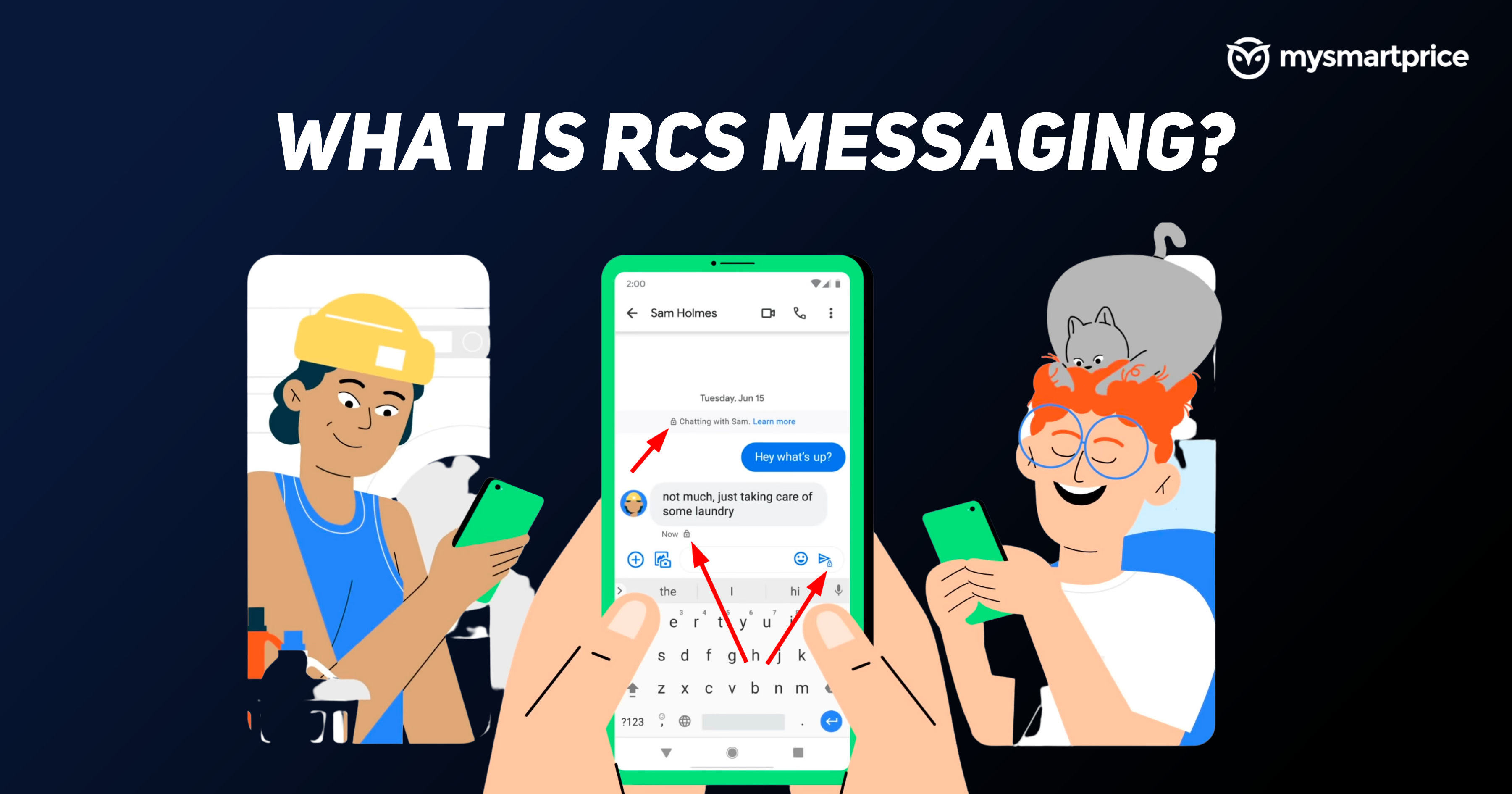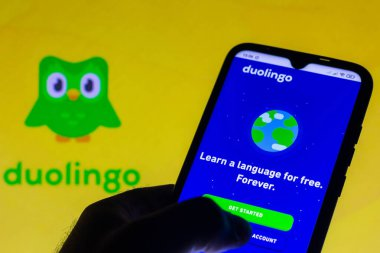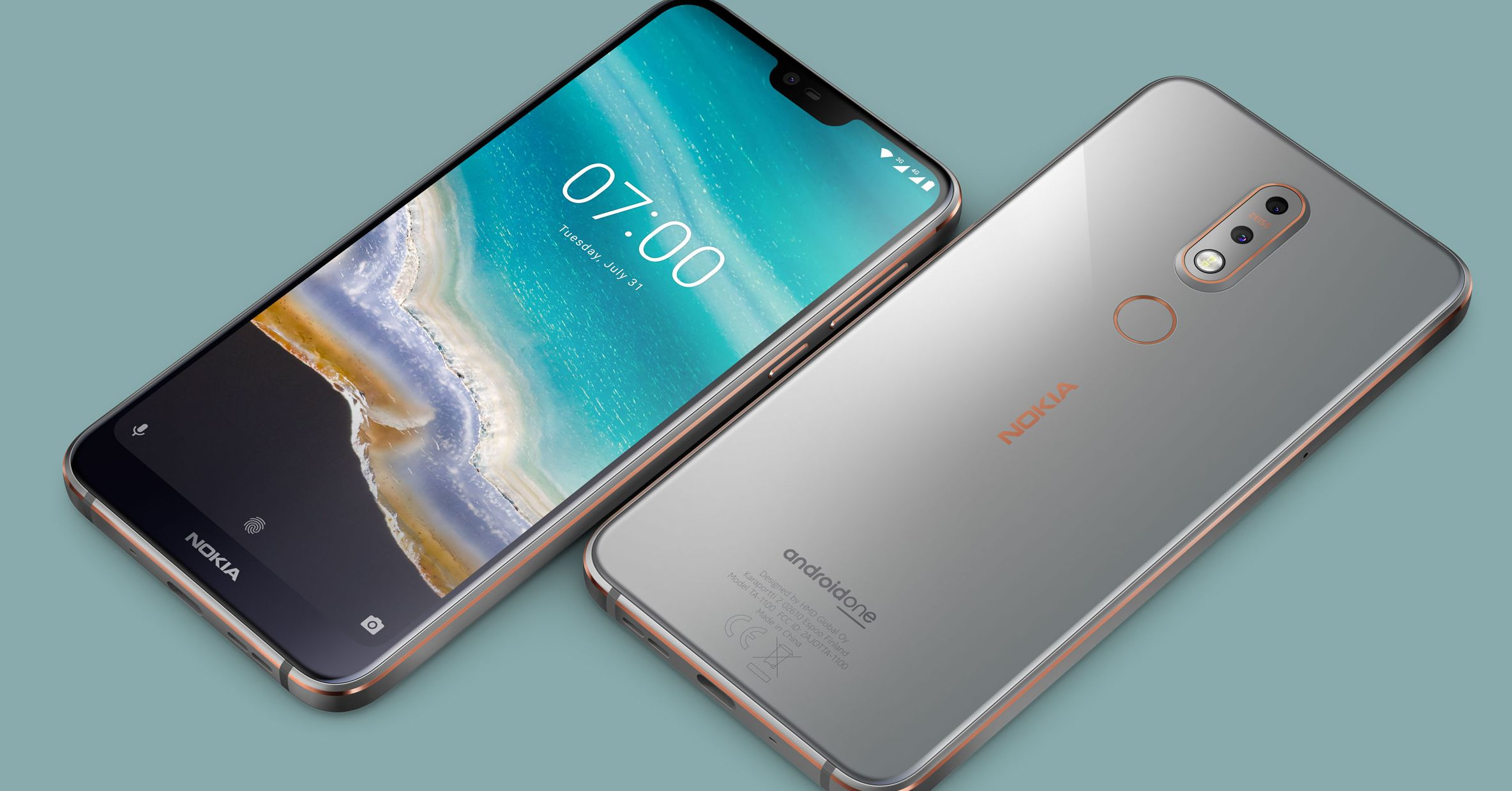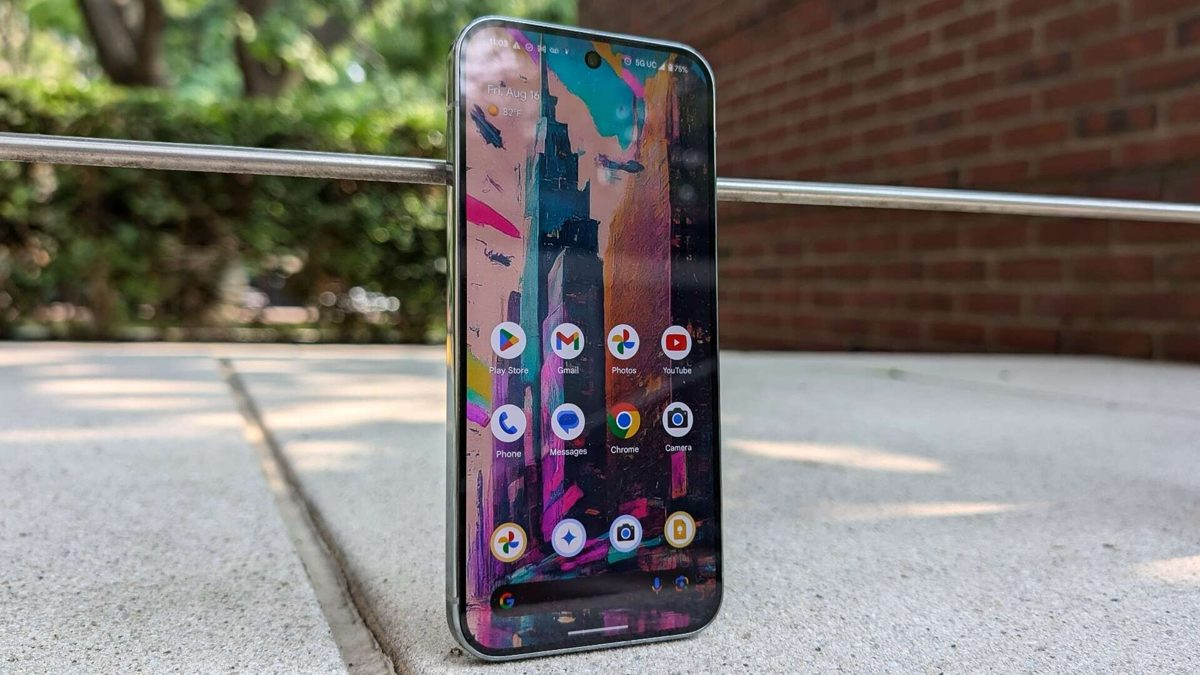RCS messaging, or Rich Communications Services, represents a significant evolution in the world of text communication, bridging the gap between traditional SMS and modern messaging experiences. With the announcement of new GSMA specifications this morning, RCS is set to enable features like end-to-end encryption, elevating privacy standards across various devices. Notably, the recent inclusion of iPhone RCS support in iOS 18.4 marks a partnership that could redefine how iPhone users engage with others on different platforms. This upgrade addresses long-standing frustrations around messaging compatibility and security, ensuring that users can send messages and files securely. As Apple embraces RCS, it not only aligns with industry standards but also adheres to evolving consumer demands for privacy and security in digital communication.
The shift towards advanced messaging protocols like RCS heralds a new era of communication, characterized by enhanced features and improved user experiences. Known for its ability to support rich media and interactive elements, this next-generation messaging framework is designed to replace conventional SMS with a more flexible solution. By adhering to GSMA guidelines and integrating technologies like end-to-end encryption, service providers aim to foster a more secure messaging environment. As adoption spreads, mobile operating systems have started to embrace RCS, creating a seamless interaction landscape for users across different platforms, including both Android and iOS devices. This evolution not only enhances messaging capabilities but also serves a growing demand for greater privacy in our everyday communications.
Understanding RCS Messaging and Its Evolution
Rich Communications Services (RCS) represents a significant evolution in messaging, transitioning away from traditional SMS and MMS protocols. The adoption of RCS marked a noteworthy shift, combining the best of texting and instant messaging into a single, feature-rich platform. By incorporating multimedia capabilities, read receipts, typing indicators, and group messaging, RCS elevates user experience and meets modern communication needs. As discussions around RCS advance, it’s crucial to examine its key features and how it compares to older messaging technologies.
The move towards RCS has been steered primarily by tech giants like Google, which has heavily invested in integrating RCS within its Google Messages app. However, it wasn’t until Apple announced their plans to adopt RCS that the industry truly recognized its potential. With growing support from manufacturers and service providers, RCS has the capability to unify messaging across diverse platforms, fulfilling the demand for seamless communication among users, regardless of device. This transition was further solidified with the latest GSMA specifications which now include enhanced features like end-to-end encryption.
The Importance of End-to-End Encryption in RCS
End-to-end encryption (E2EE) is a critical component in ensuring privacy and security for messaging services today. The introduction of E2EE within RCS, as specified by the GSMA, is a game-changing enhancement that allows messages to remain confidential and secure as they traverse networks. This security advancement ensures that even if data packets are intercepted, they remain unreadable without the necessary decryption keys, which are only accessible to the sender and recipient. As digital threats continue to evolve, the integration of E2EE into RCS promises to bolster user trust and elevate safety standards in messaging applications.
Apple’s contribution to this recent development showcases their commitment to user privacy, especially considering the long-standing support of E2EE within iMessage. With the implementation of E2EE in RCS, Apple aims to align its capabilities with industry standards, offering iPhone users a consistent and secure messaging experience across platforms. Google, too, has underscored its dedication to secure messaging, having rolled out E2EE for its users years prior. The collaboration between these tech leaders signifies a positive step towards creating a robust and secure messaging environment, also adhering to GSMA standards.
iPhone RCS Support and User Experience
The iPhone has long maintained a distinct presence in the messaging realm, primarily through its iMessage platform. However, the recent shift towards adopting RCS signifies Apple’s acknowledgment of the need for cross-platform compatibility, which directly addresses user frustrations surrounding the blue and green message bubbles. Starting from late 2024, iOS 18.4 will include RCS support, allowing iPhone users to interact seamlessly with Android users and other RCS-enabled devices. This transition not only enhances user experience but also mitigates the previous divide that prioritized iMessage.
With RCS now available on iPhones, Apple hopes to eliminate the barriers that arose from not supporting this universal messaging standard. This development will allow all users to share rich content, including images and videos, with diverse phone users without compromising functionality. By joining forces with the GSMA and other mobile partners, Apple is paving the way for a future where messaging is more integrated, user-friendly, and devoid of limitations imposed by hardware differences.
Future of Messaging: RCS and Beyond
As messaging technology continues to evolve, the future appears bright with RCS leading the charge. As more smartphones adopt RCS capabilities, the possibilities for enhanced communication are continuously expanding. The ongoing collaborations between tech giants, telecom carriers, and the GSMA to enhance the RCS functionalities, including E2EE, highlight the industry’s collective commitment to improving security and privacy within the messaging domain. Looking ahead, the goal is to create a universally adopted standard that ensures every user has access to a secure, feature-rich messaging experience.
Moreover, the integration of RCS features within the broader smartphone ecosystem can pave the way for innovative functionalities. Advanced features such as enhanced bot interactions, payment capabilities, and rich media sharing are just the tip of the iceberg. As companies innovate and refine RCS based messaging, we can expect a more cohesive communication landscape that incorporates multimedia richness while ensuring users’ safety and privacy remain paramount.
Challenges Facing RCS Adoption
Despite its potential, RCS is not devoid of challenges. One significant hurdle remains the fragmented adoption across different network providers and devices. While major players like Google and Apple have stepped forward to support RCS, the actual user experience can vary based on carrier implementations. Issues such as inconsistent feature availability and network compatibility can lead to confusion among users while limiting the scope of RCS’s capabilities.
Another noteworthy challenge is the public perception of RCS compared to well-established messaging apps such as WhatsApp, Telegram, and Signal, all of which offer strong encryption and user privacy features. Many users are accustomed to these alternatives, making it imperative for RCS proponents to demonstrate the value and advantages of using RCS. This means educating users about the enhancements and added layers of security provided by RCS, particularly with the new E2EE features that promise improved privacy.
The Role of Google in Promoting RCS
As a key advocate for Rich Communications Services, Google has played a pivotal role in the technology’s journey towards wider adoption. With the launch of Google Messages, the company has invested heavily in developing RCS features that enhance user experience, such as high-resolution photo sharing and read receipts. Google has been the frontrunner in advocating for the integration of new standards like E2EE, ensuring that users not only enjoy advanced features but also a high level of security in their communications.
Through collaborations with the GSMA, Google has spearheaded initiatives to regularize RCS across different mobile networks, working diligently to eliminate inconsistencies that plagued earlier versions. The company’s ongoing commitment to RCS positions it as a leader in the messaging landscape, striving to create an interoperable platform that connects users irrespective of their device or operating system. This strategic investment not only benefits users today but establishes a robust framework for future messaging technologies.
Apple’s Strategy Regarding RCS Adoption
Apple’s decision to support RCS marks a significant departure from its previous strategy of promoting iMessage as the exclusive messaging service for iPhone users. Historically, this decision stemmed from an effort to differentiate the iPhone within a competitive smartphone market. However, the growing pressure from users and the desire for interoperability with other devices have prompted Apple to reconsider its stance on RCS. The shift reflects a broader recognition of user demands for seamless communication across platforms.
Moving forward, Apple’s strategy appears twofold: to enhance user experience on its devices while supporting industry-wide messaging standards. By integrating RCS, Apple aims to retain iPhone users while attracting those who appreciate the flexibility of cross-platform messaging. This move not only aligns with the recent GSMA specifications but potentially positions Apple to contribute to future advancements in messaging technology, thus maintaining its relevance within the rapidly evolving digital communication landscape.
Impact of GSMA Specifications on RCS Implementation
The GSMA, as the body that oversees mobile communications standards, has had a profound influence on RCS development. With the recent announcement of enhanced specifications, the organization has set the stage for RCS to become a truly interoperable messaging solution. By introducing standards like end-to-end encryption, the GSMA aims to unify the user experience across different messaging apps, combating fragmentation that has historically limited RCS’s appeal.
These specifications not only fulfill immediate security needs but also lay the groundwork for future enhancements. As the GSMA continues to evolve these standards—taking input from major tech companies, carriers, and users—RCS will likely undergo significant transformation. This collaborative approach will ensure that RCS adapts to the changing landscape of digital communication, meeting the growing expectations of users for secure and versatile messaging options.
The Future of Cross-Platform Messaging
With the growing adoption of RCS by key players like Apple and Google, the future of cross-platform messaging looks promising. By bridging the gap between iOS and Android platforms, RCS offers users an upgraded messaging experience that retains the essential features needed for modern communication. Enhanced media sharing capabilities, improved group messaging, and E2EE support align with user expectations of what a messaging service should offer.
As more devices embrace RCS standards, users can anticipate a seamless experience that allows communication to flow freely between different operating systems. This cross-platform functionality goes beyond simple text messages, inviting an array of interactive features that enrich user engagement and satisfaction. Ultimately, a united approach to messaging services through RCS will foster a more inclusive communication environment, addressing user demands for flexibility and security.
Frequently Asked Questions
What is RCS messaging and how does it differ from SMS?
RCS messaging, or Rich Communications Services, is an advanced messaging protocol that enhances traditional SMS by supporting features like high-resolution photo sharing, group messaging, and read receipts. Unlike SMS, which is limited in functionality, RCS offers a modern messaging experience on cellular networks, making it a superior successor.
How does end-to-end encryption work in RCS messaging?
End-to-end encryption (E2EE) in RCS messaging ensures that only the sender and receiver can read the messages. The GSMA’s new RCS specifications, which include E2EE based on Messaging Layer Security (MLS), protect users’ communications from unauthorized access during transmission.
Will iPhones support RCS messaging with iOS 18.4?
Yes, iPhones will support RCS messaging starting with iOS 18.4. Apple has finally adopted the RCS protocol, aligning with GSMA standards to enhance messaging capabilities and improve interconnectivity with Android devices.
What are the benefits of RCS messaging’s end-to-end encryption?
The end-to-end encryption in RCS messaging provides strong privacy and security, ensuring that messages and shared files remain confidential as they travel between clients. This is particularly important in today’s digital environment, where safeguarding personal information is crucial.
Why was Apple hesitant to adopt RCS messaging?
Apple was initially hesitant to adopt RCS messaging as it aimed to promote iMessage, creating a unique user experience for iPhone users. This led to the segregation of messaging between iPhone and non-iPhone users, resulting in the well-known ‘green and blue bubble’ phenomenon.
What does the adoption of RCS by Apple mean for messaging?
Apple’s adoption of RCS messaging signifies a major step towards universal messaging compatibility, helping to eliminate the divide between iPhone and Android users. This shift is expected to enhance cross-platform communication and improve overall user experience.
How has the GSMA contributed to RCS messaging standards?
The GSMA has developed new specifications for RCS messaging, introducing features like end-to-end encryption that enhance security and interoperability across devices and platforms. Their collaborative effort ensures that RCS messaging adheres to international standards, providing a cohesive experience for users.
What impact does end-to-end encryption have on RCS messaging users?
End-to-end encryption significantly enhances user trust in RCS messaging, as it safeguards their conversations from eavesdroppers, maintaining confidentiality. This advancement meets growing demands for privacy in digital communications and aligns with global security expectations.
Can users expect to see RCS features in future Apple updates?
Yes, Apple plans to integrate RCS features, including end-to-end encrypted messaging, into future software updates for iOS, iPadOS, macOS, and watchOS, indicating a commitment to enhancing user experience and security across its platforms.
What has Google’s role been in the development of RCS messaging?
Google has been a pioneer in RCS messaging, providing end-to-end encrypted messaging through its Google Messages app for years. They continue to work with the mobile ecosystem to extend RCS features and improve the overall security of messaging services.
| Key Points |
|---|
| Apple’s delayed adoption of RCS |
| GSMA’s announcement of new RCS specifications |
| Introduction of end-to-end encryption (E2EE) via MLS protocol |
| RCS will offer secure messaging for different providers |
| Apple’s late yet promising support for RCS starting in late 2024 |
| Importance of RCS as a successor to SMS and MMS |
| Collaboration among major tech companies for E2EE |
| Google’s ongoing support for E2EE in Google Messages |
Summary
RCS messaging is poised to transform the way we communicate, integrating state-of-the-art features like end-to-end encryption for enhanced privacy and security. Apple’s support for RCS marks a significant milestone in the evolution of messaging services, bridging the gap between different platforms and ensuring that users receive a secure and reliable communication experience. As RCS continues to roll out, the collaboration among tech giants like Apple and Google will pave the way for its widespread adoption, ultimately moving away from outdated SMS and MMS practices.



